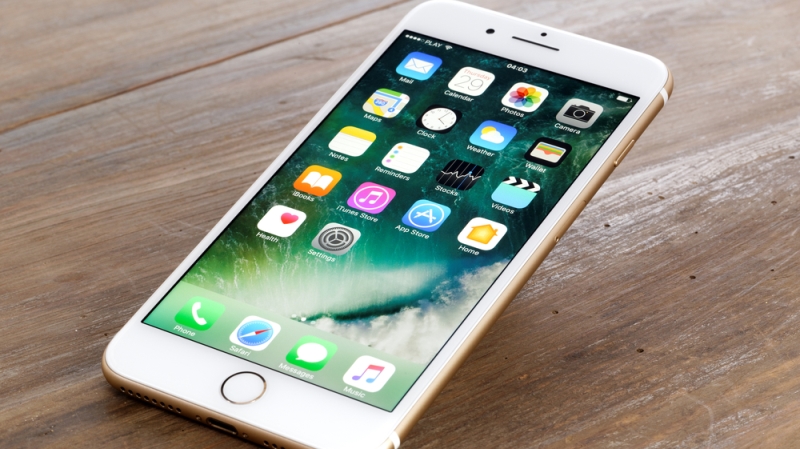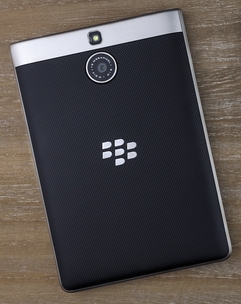
On the 10th anniversary of the iPhone, Apple can say that it’s the most secure phone on the market for an affordable price, while the Federal government still turns to BlackBerry.
Apple phones have been encrypted since the 2014 release of iOS 8. Apple phones are protected from malicious apps by the company’s vetting process and sandboxing system, which keeps apps from accessing other apps and further infecting the phone with bad software. In 2016, Apple had about 41 percent of U.S. smartphone market share.
“Thursday will mark the tenth anniversary of what is perhaps the most revolutionary consumer product ever introduced, and one that (along with the smartphone) has probably done more to impact the lives of ordinary people and in the process change the world more than any previous consumer good in history,” said Mark Perry, economist and scholar at the American Enterprise Institute, in a blog post June 25.

For years, the BlackBerry was the device of choice for those that wanted strong security, including the Federal government. BlackBerry had a secure network and chip-level hacking protections. BlackBerrys have been fully encrypted for about a decade. However, the phone’s market share held less than 2 percent in the United States in 2015, which makes it no longer a viable option for many companies.
Last year the Senate made the decision to switch from BlackBerry to iPhones or Android. About two weeks later, BlackBerry signed a five-year, multimillion-dollar deal for its phone management system and latest phone model to be used by the department of Defense and its crisis communication software to power the Sergeant at Arms’ Joint Emergency Mass Notification Systems (JEMNS).
BlackBerry obtained Security Technical Implementation Guide (STIG) approval from the Defense Information Systems Agency (DISA) for DoD employees to use BlackBerry. BlackBerry has more than 80 government certifications and approvals, which is more than any other cellphone company.
The Defense Department opened up access to iPhones and Androids, but as of 2013, BlackBerrys were still the most widely used because of their ability to secure effective communications at any time overseas and in the United States.
Some analysts have argued against BlackBerry’s proclaimed security expertise because hackers have been able to crack its systems, even though BlackBerry has long provided encrypted email service. BlackBerry’s attempts to refocus its appeal on providing security for the long term have paid off in the realm of Federal government despite Apple surpassing them in the market.
